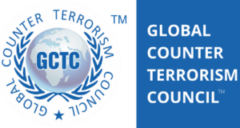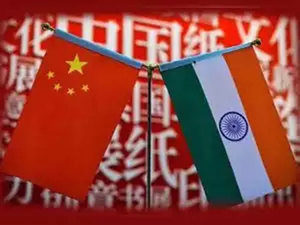With the ongoing Chinese aggression in Ladakh, why China’s ambassador chose to engage publicly with some Indian interlocutors in an event organized by a Delhi-based institute is not easy to fathom.
Such an initiative would make sense if official level negotiations were on a productive track and Beijing felt that the ambassador could do a public relations exercise to keep the broader Indian public informed and arrest the momentum of rapidly deteriorating perceptions of China in India. If, however, these negotiations are not proceeding well and the risk of a stalemate is real, such a public intervention cannot serve China’s interests.
India and China have now talked at the level of foreign ministers, special representatives, corps commanders (five times) and the working mechanism consultation and coordination on India-China border affairs (three times). India has underlined that it sees disengagement and de-escalation, followed by restoring the status quo ante as on April 30, 2020, as the only solution to the crisis, though it believes that the process will be slow, with the defense minister unsure that the end result can be guaranteed even as he affirmed India’s determination not to cede on issues of sovereignty. The confrontation appears likely to continue through the winter months, for which the armed forces are making necessary preparations.
In consequence, while standing up to China military, India’s pressures on it on the economic and political fronts will continue.
If all the platitudes and masquerades in the ambassador’s presentation, such as China is a peaceful country that does not seek hegemony or military power, wants good neighbourly relations, does not interfere in the internal affairs of countries, believes in win-win cooperation and zero-sum games, etc., are ignored, the core message he conveyed challenges India’s position and expectations squarely. He asserted that China has not been aggressive, knows where the LAC (line of actual control) lies, has not breached it anywhere, including at Pangong Tso where it has not expanded its claim line, or at Galwan where he accused the Indian troops of building infrastructure across the LAC and crossing it illegally.
He spoke of disengagement and de-escalation as objectives, but studiously avoided any mention of restoring the status quo ante. If the Chinese position as enunciated publicly by the ambassador with Beijing’s approval is that China has remained within its LAC during the present stand-off, the question of restoring the status quo ante would not then arise. This also implies that at Pangong Tso (where the grids China conveyed after 1962 of its version of LAC stretched only till Finger 8) and Depsang, Indian patrols will continue to be blocked, resulting in Chinese territorial gains, which India cannot accept.
The ambassador has also belied any expectation that the current confrontation that has already seriously damaged India-China ties will serve to persuade the Chinese to clarify the LAC, as India has been demanding as per the 1996 agreement. He has argued that if one side delineates the LAC unilaterally in accordance with its own understanding it creates new disputes, and so the process cannot continue. In other words, China does not accept India’s perceptions of where the LAC lies; it believes in the validity of its own unilateral determination of the LAC.
What the ambassador hoped to gain from offering a standard propaganda line on border differences when addressing a gathering of Indian experts on China, stonewalling some probing questions and relaying a tough message wrapped in clichés about Chinese foreign policy shows that the next worse thing to wolf warrior diplomacy is to mock the intelligence of well-informed interlocutors.




